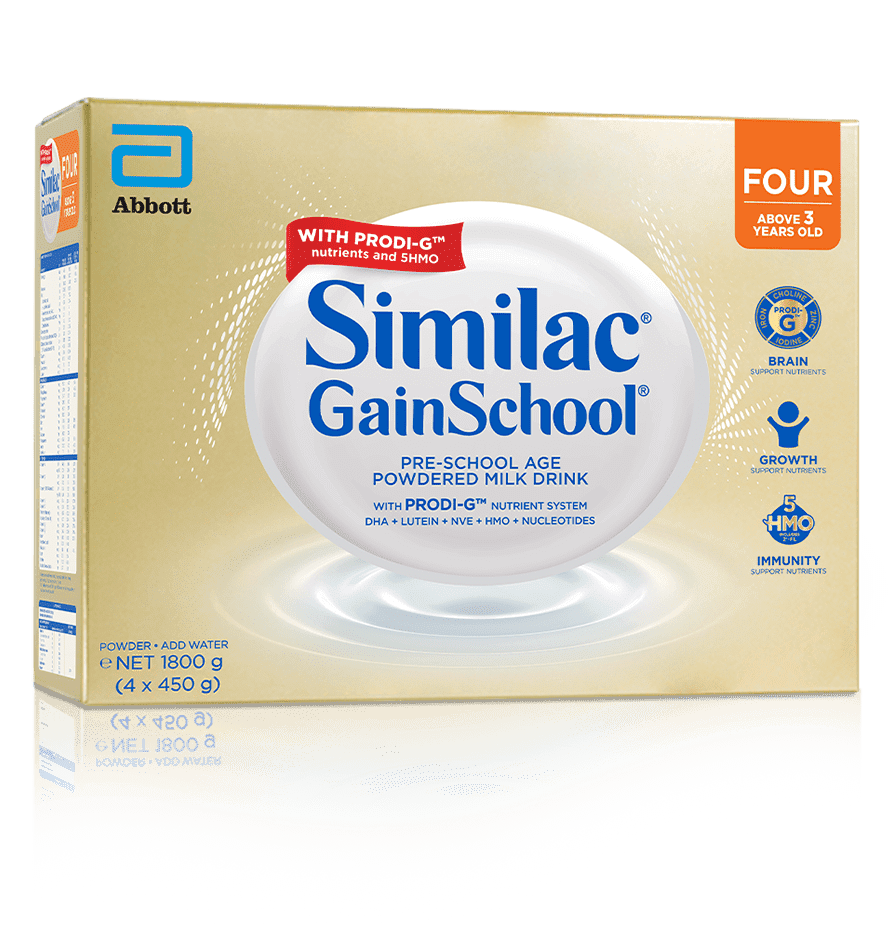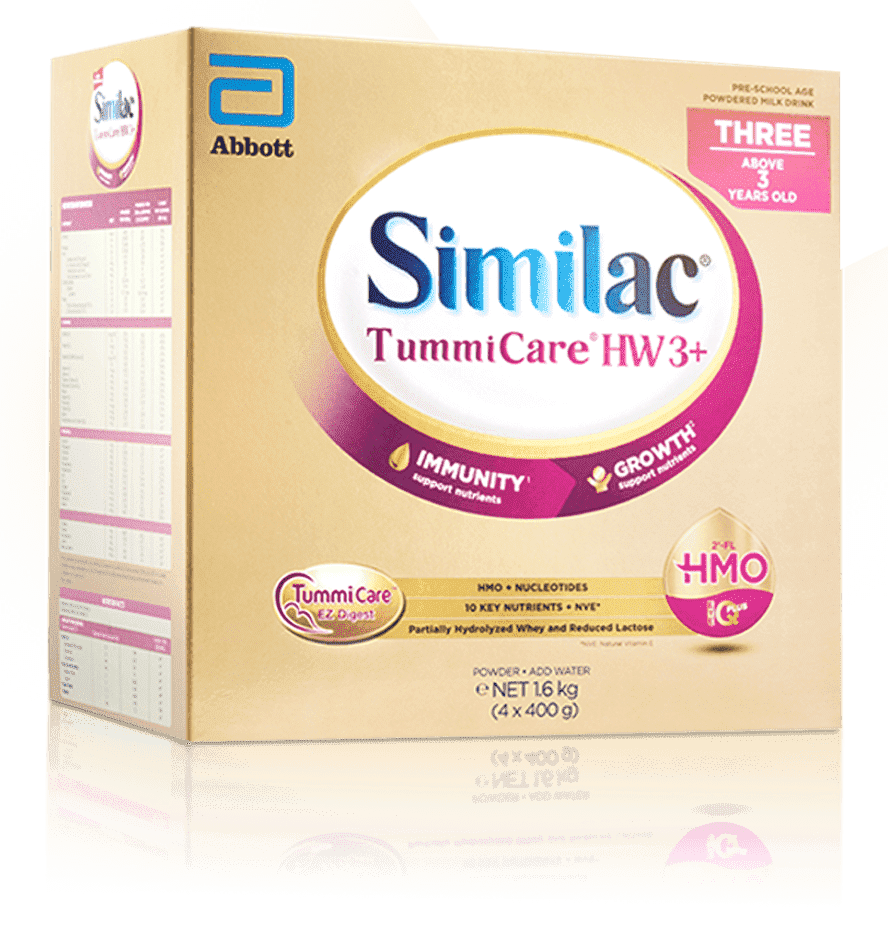Similac GainSchool
- Main Image
-

- Title
-
Similac® GainSchool
- Short Description
-
School age milk with Brain, Growth and Immunity Support Nutrients
- Detail Page Path





.png)
